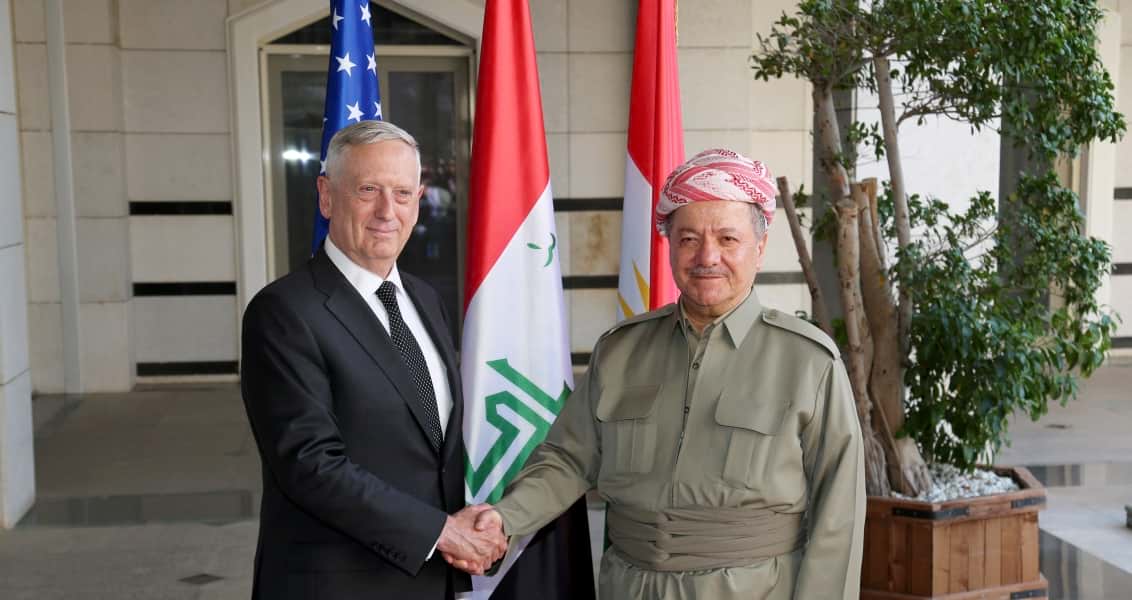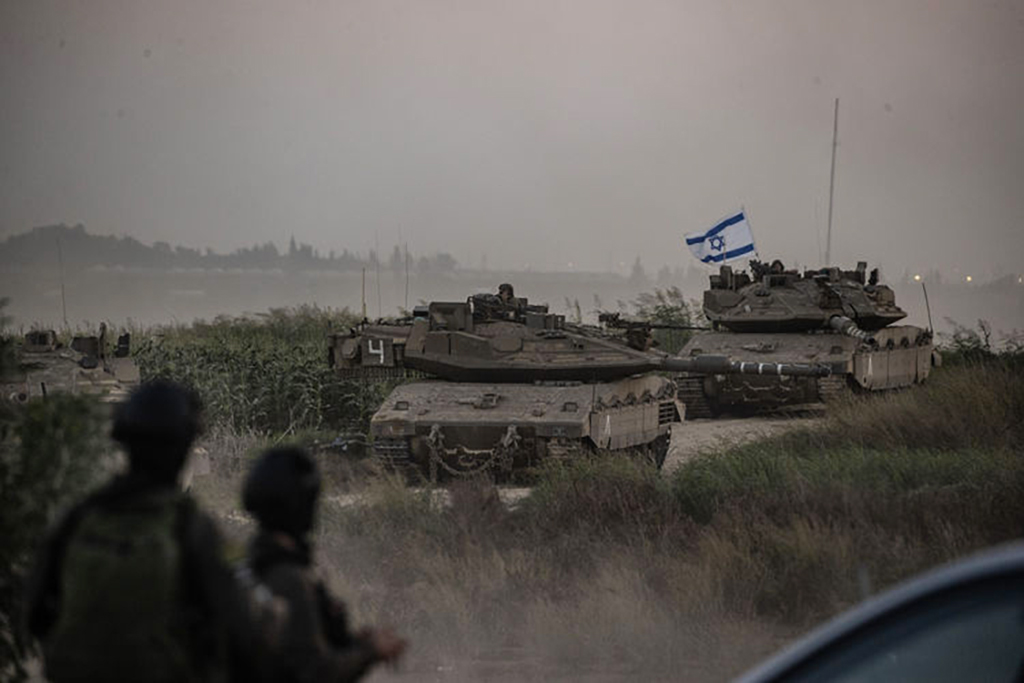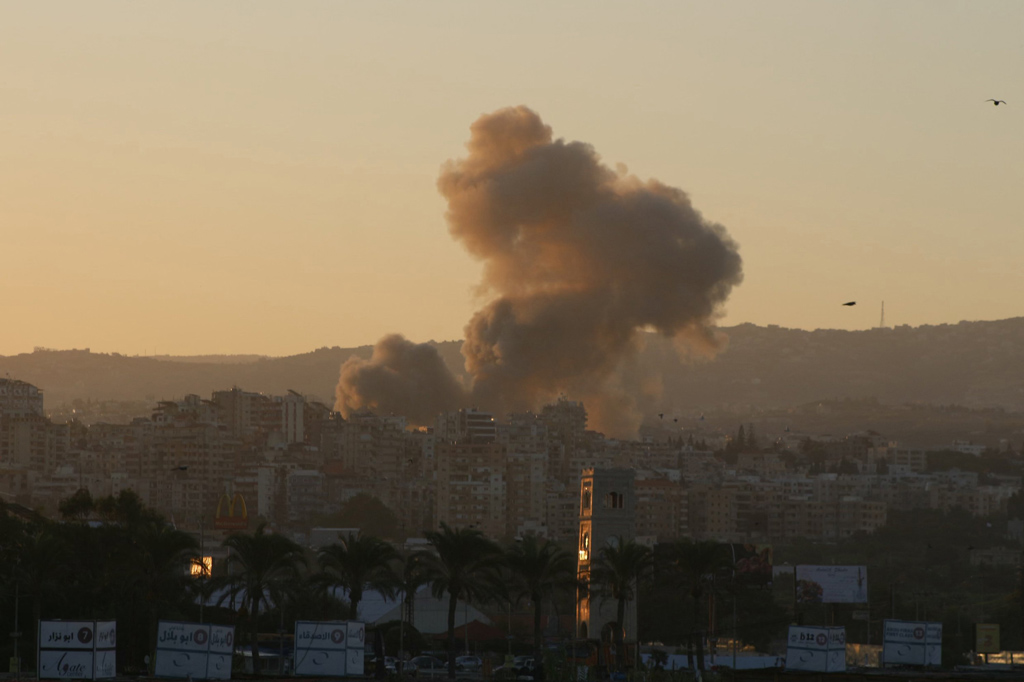
The U.S. Has No Long-Term Policy in Northern Iraq
The reaction from the U.S. administration does not provide any indication of the steps that the administration may take regarding the referendum process.
Share
The controversial independence referendum in northern Iraq took place last week. Since the announcement of the referendum, Iraq and the neighboring countries in the region, including Turkey, were trying to convince Kurdistan Regional Government (KRG) President Masoud Barzani to cancel the referendum by emphasizing the significance of the territorial integrity of Iraq and the potential consequences of such a referendum to the security and stability of the region. For months now, there were debates in these countries pertaining to the possibility of ethnic conflicts in this fragile part of the world and the challenge of what another layer of dispute could bring to the already hard-to-manage diplomatic and political relations. The warnings from neighboring countries along with the skepticism and concerns of outside observers about the risks of such an action were not taken into consideration by the authorities of the region. During the run-up to the referendum, the only country that openly supported the independence referendum in northern Iraq was Israel, which generated further complexity in the dispute. One of the critical questions during this crucial period was the reaction of the U.S. administration.
Before and in the immediate aftermath of the referendum, authorities from different branches of the U.S. government expressed the country's opposition to it and its potential adverse effects in the region. The U.S. raised the issue that such a referendum, "at this time," may distract attention away from more serious security problems in the region. Following that, U.S. Secretary of State Rex Tillerson asked Barzani during a phone call to postpone the referendum because it could distract from the fight against Daesh. Later, U.S. Secretary of Defense James Mattis reportedly asked Barzani to postpone the referendum during his visit to the region in August and told journalists: "Our point right now is to stay focused like a laser beam on the defeat of ISIS and to let nothing distract us." In fact, the overall position of different members of the administration was about the timing of the referendum. The main concern was that it could draw attention away from the fight against Daesh, but other than that, in principle, there was not much said about the independence of Iraqi Kurdistan. The language of a draft bill in U.S. Congress earlier was a little nuanced compared to these statements from different members of the administration. The draft of the National Defense Authorization Bill linked the support for the KRG to a unified Iraq by saying: "The committee notes that the funding provided to the [KRG] is to enhance Iraq-KRG governmental cooperation and support a unified effort to counter the Islamic State of Iraq and the Levant [ISIL]. Such funding should be contingent upon KRG participation in the government of a unified Iraq and on their continued good faith cooperation in the anti-ISIL campaign." ISIL and ISIS are other acronyms used for Daesh.
It was days before the referendum that after a meeting on the sidelines of the U.N. General Assembly, U.S. President Donald Trump and President Recep Tayyip Erdoğan expressed both countries' opposition to the referendum and the potentially destabilizing effect for the region it could have.
After the referendum, the U.S. Department of State released a statement about the results. The statement said, "The United States is deeply disappointed that the Kurdistan Regional Government decided to conduct today a unilateral referendum on independence, including in areas outside the Iraqi Kurdistan region." However, the statement is not clear about the future roadmap of U.S. policy for the region or what trajectory the relations between the KRG and the U.S will take. The statement only underlined that U.S. policy will not change concerning the people of the region, although it is not clear what this means. It says: "The United States' historic relationship with the people of the Iraqi Kurdistan region will not change in light of today's nonbinding referendum, but we believe this step will increase instability and hardships for the Kurdistan region and its people."
There are too many questions about the post-referendum developments in the region. The U.S. position and policies in the region will be critical. However, there is no clear long-term policy. The reaction from the U.S. administration seems vague and does not provide any indication of the steps that the administration may take regarding the referendum process. There is a constant emphasis on timing and concerns about the potential distraction that it may bring to the fight against Daesh. This ambivalence increasingly generates skepticism and confusion about U.S.' policy in the region and, in the long run, it could be yet another destabilizing factor for U.S. relations in the region.
[Daily Sabah, September 30, 2017]
Tags »
Related Articles








